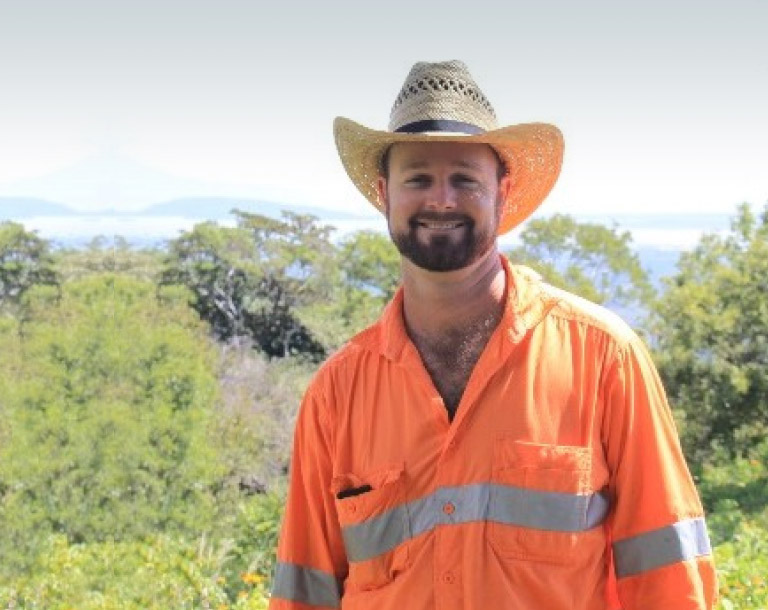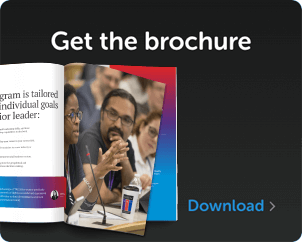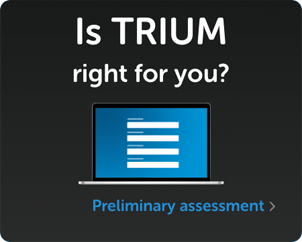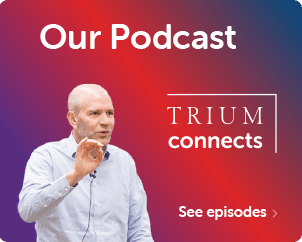

Peter McFayden
As the Class of 2018 gather in Paris to put the finishing touches to their Capstone presentations we catch up with Class of 2016 alumni Peter McFadyen who launched his business idea producing fine flavour cocoa from the plains of Nicaragua. We first talked to Peter last year when he was in the process of acquiring his farm. A year on we find Peter fully immersed in the business of producing high quality chocolate, navigating the regulatory processes of a new territory and enjoying life with his family in Granada.
We spoke a year ago when your pilot facility had launched and operations were ramping up. How would you describe the business now?
We now have possession of 62 hectares of land near Mombacho Volcano in the Granada region of Nicaragua. After attaining all the permits and forming a great team including 18 local employees we have planted out 6 hectares of a cocoa orchard, continued fermentation trials and are also running a cattle operation. We have also implemented a spectrum of infrastructure to enable efficient operation the Agribusiness. We are also midway through a 2nd round equity raising to increase the speed of expansion based on positive MVP testing.
What have been the highlights of the past year? …and the challenges?
Highlights:
- Forming the team and seeing action on the ground improve with training and understanding of horticulture and animal management,
- Refining our cocoa nursery and orchard planting techniques. Receiving positive feedback on our cocoa and chocolate that we developed from market testing,
- Purchasing our first cattle and refining productivity,
Nicaragua and particularly Granada has been welcoming and great place to live.
Challenges:
- Different style of negotiation in country,
- Similar to any new business in a developing country where the native language is not our mother tongue,
- Understanding the in-country regulatory processes
Two years after presenting your Capstone at Module 6 what would you tell prospective students considering TRIUM now?
The question for people entering this type of study programme is can you be open to all the possible outcomes that can evolve. For me this is really about perspective. Is the question ‘why would you enter into agribusiness/export in Central America’ or ‘why not enter into an agribusiness/export in Central America?’. Clearly anything is possible.
During the 17 months and afterward I reflected on some quotes from others:
- ‘The roots of education are bitter but fruits are sweet’
- ‘Men are not prisoners of fate, but only prisoners of their own minds’
- ‘You can never cross an ocean if you do not have the courage to lose sight of the shore’
What should they expect from the programme?
To be challenged and very busy – and if you are open to it may present opportunities you had not truly considered. You will enjoy a good network and some great professors.
Capstone was a large drawcard for me. It allowed for a structured way to approach a new business with progressive feedback but also required forming a group of different professionals to deliver a succinct project. Coaching associated with developing a minimum viable product was very useful in iterative development of the project.
How would you advise the Class of 2018 as they finalise their Capstone projects for Module 6 in February?
With a flourish! Anything can happen if you treat the process as such.
What was the value of Capstone for you?
I was able to develop and trial an idea for business with great peers and professors. This gave me the confidence to present the idea outside the program, acquire finance and build a company with an extraordinary team.
What lessons learned do you still reflect on today?
I think everyone will have different takeaways from the programme. I think the program built on some existing knowledge I had and also brought some very different ideas and processes to the table for consideration and stretched me to use them. For me I have a greater array of ‘tools’ with which to plan and execute business. Your peers’ perspective will prove invaluable when discussing ideas and strategies – do no underestimate what they may see more clearly than you due to experience and culture.





